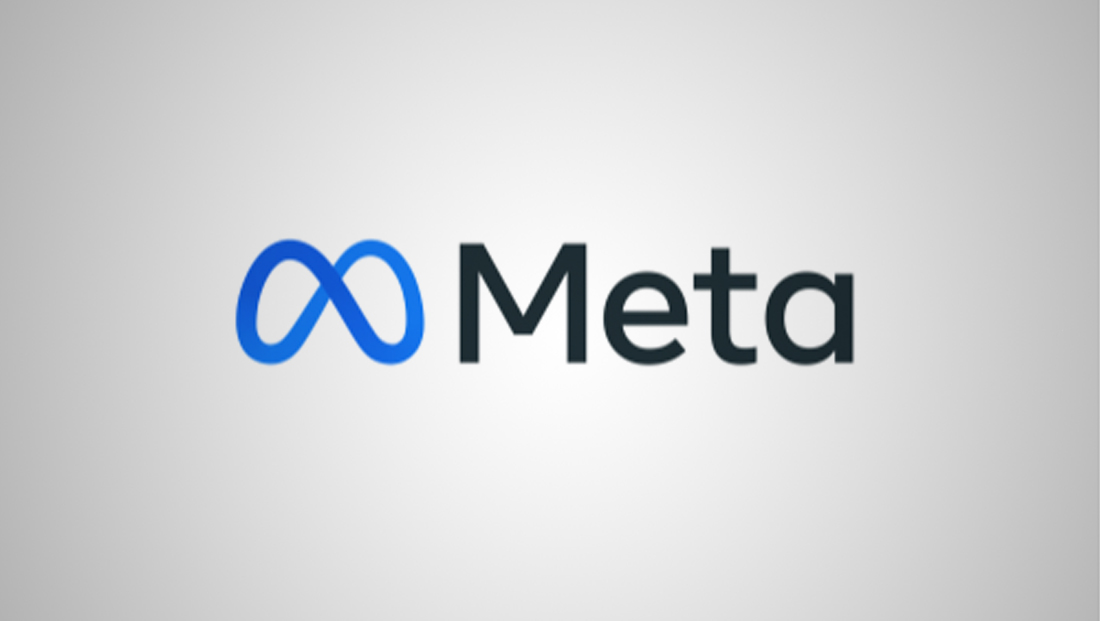Meta formally blocks news distribution in Canada across platforms

Subscribe to NCS for the latest news, project case studies and product announcements in broadcast technology, creative design and engineering delivered to your inbox.
Following the enactment of Canada’s Online News Act in June, Meta has begun blocking Canadian news content from its Facebook and Instagram platforms.
CBC/Radio-Canada has voiced its objections in a strongly worded statement, labeling the move as an “abuse of market power” and calling on Meta to act responsibly by restoring Canadians’ access to news content.
Effective immediately, the new policy will leave Canadians with only unverified news sources in their social media feeds. This impact is particularly pronounced in Canada’s northern regions, francophone communities in minority language areas and rural communities, all of whom depend significantly on Facebook for news consumption – the CBC noted.
This act, enforced by the Canadian parliament, requires tech giants like Meta and Google to negotiate deals for news content appearing on their platforms. Critics argue that this decision, especially during a time of significant weather events across Canada, is not only irresponsible but also a misuse of market dominance.
In response to the Online News Act, Meta stated in a corporate blog post, “In order to comply with the Online News Act, we have begun the process of ending news availability in Canada. These changes start today, and will be implemented for all people accessing Facebook and Instagram in Canada over the course of the next few weeks.”
According to Meta’s estimates, in the 12-month period leading up to April 2022, it had generated traffic for publishers valued at over 230 million Canadian dollars.
Meta’s Facebook platform has had an on-again, off-again relationship with media organizations, sometimes courting them to produce dedicated content and, more recently, slowing deprioritizing news (and other offsite content) from the Facebook feed.
Google is also responding to the new law and is planning to implement changes in the coming weeks.
Kent Walker, the company’s global affairs president, criticized the Online News Act as “unworkable” in a June 29 blog post. Walker stated that the law exposed the company to “uncapped financial liability,” leading Google to consider removing links to local Canadian news content and discontinuing its Google News Showcase product once the law takes effect.
The Online News Act, modeled after a 2021 law passed in Australia, has had similar effects in the past. Initially, Meta had blocked sharing news links in Australia but eventually reached a deal and lifted the ban.
In the United States, a similar law has been under consideration in California. The California Journalism Preservation Act would require tech giants to pay for news, but lawmakers announced last month that it had been shelved for a year. Meta has fervently opposed the proposed legislation.
Meanwhile, CBC/Radio-Canada, alongside other Canadian media organizations, is urging Canadians to visit their media outlets’ websites for news directly.
They have also established a Local News Directory to highlight trusted, verified journalistic entities.
The directory notes, “all news organizations are facing tremendous challenges at the moment… A healthy democracy depends on a strong media ecosystem with a diversity of voices. This is why CBC/Radio-Canada is providing this easy to search directory of news organizations in your community.”
Subscribe to NCS for the latest news, project case studies and product announcements in broadcast technology, creative design and engineering delivered to your inbox.




tags
Canada, CBC, CBC News, Facebook, instagram, Meta
categories
Broadcast Industry News, Featured, Online and Digital Production, Social Media